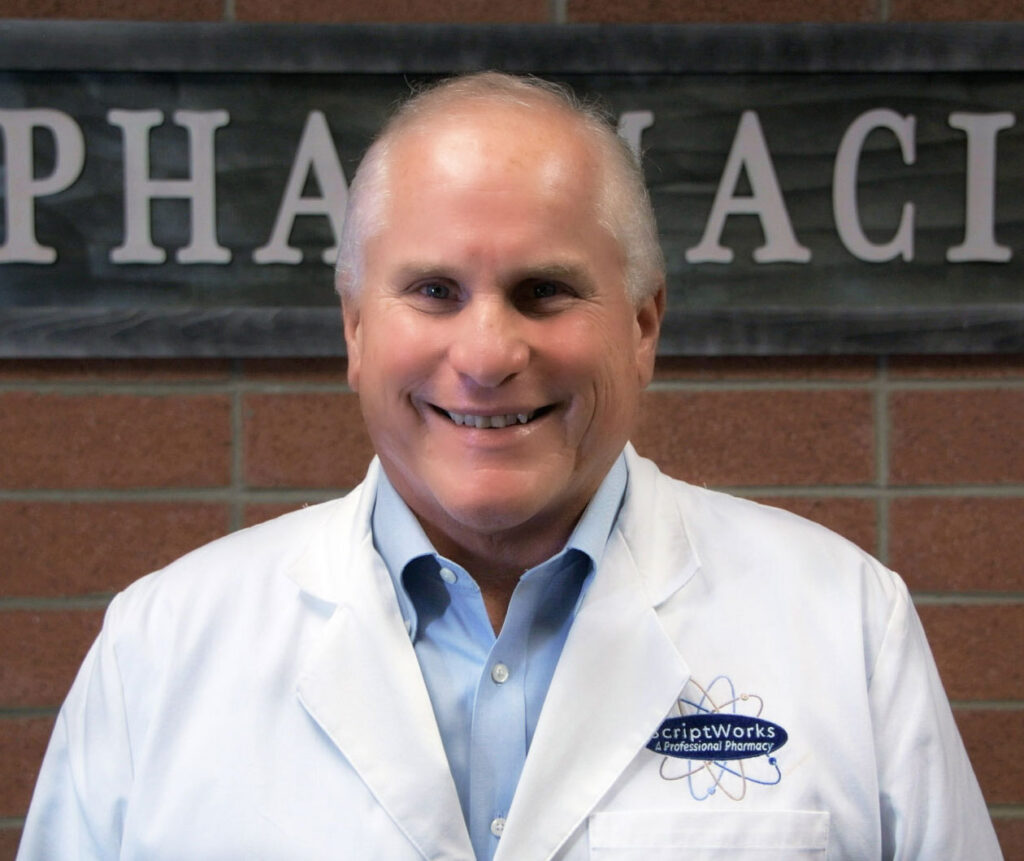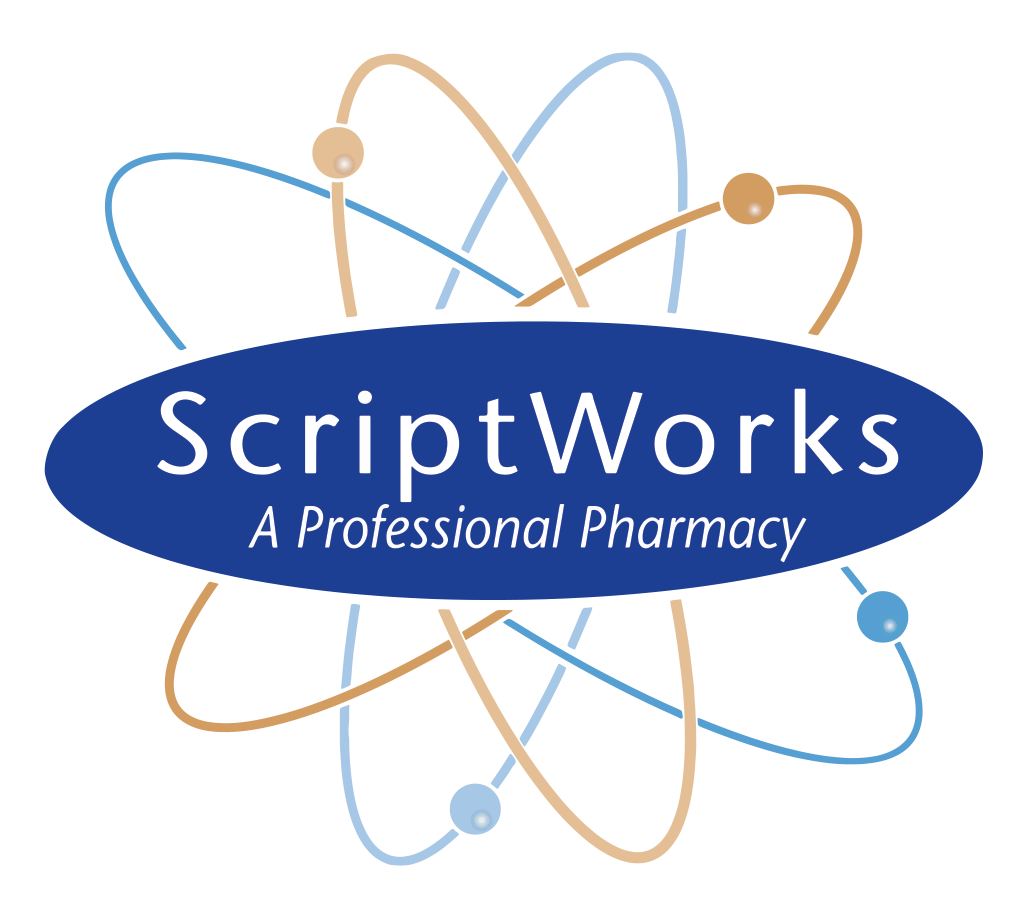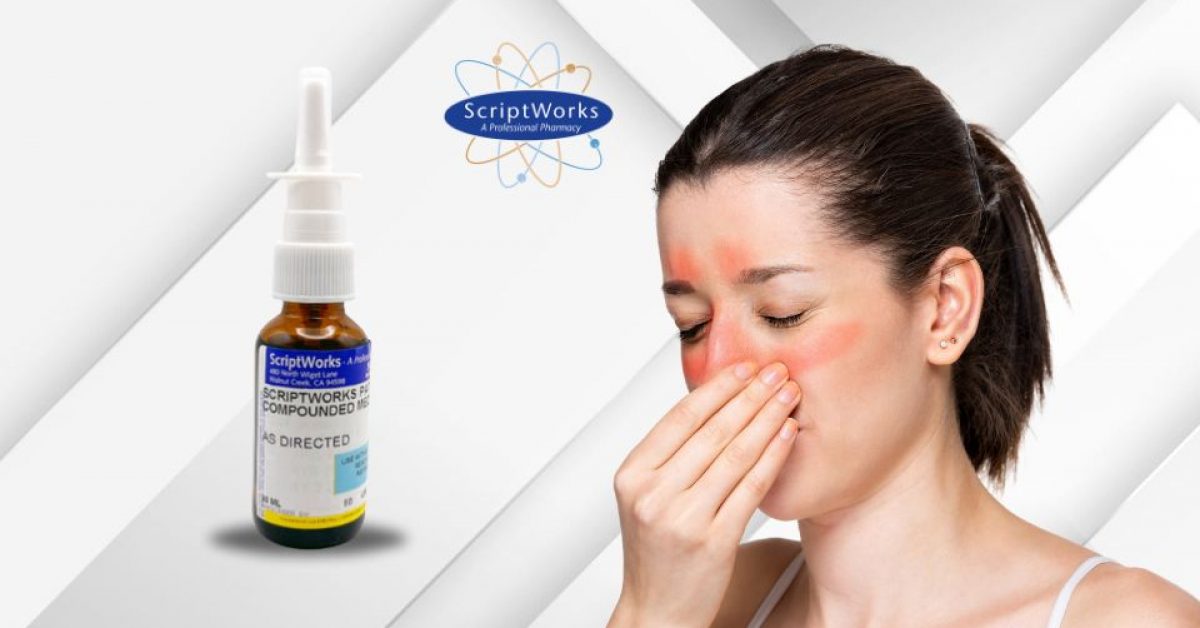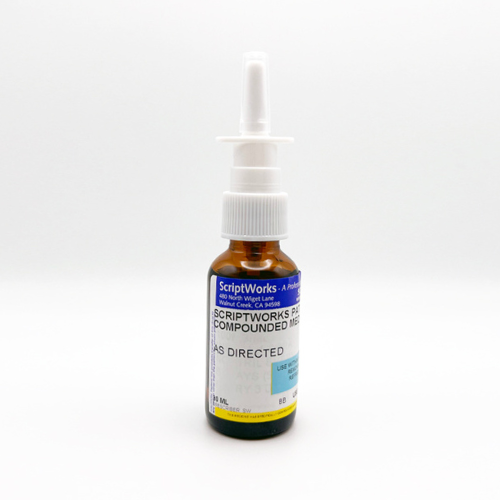
Author: Bob Brensel | President, Pharmacist | ScriptWorks
Bob Brensel, RPh, earned his Pharmacy Degree at University of the Pacific in Stockton, California in 1980. Former California Pharmacists Association’s Award Winner for Recognition of Outstanding Achievement in Compounding Pharmacy. Read More →
The Ultimate Guide: BEG Nasal Spray in Managing MARCoNS, Rhinosinusitis, Fungal Sinusitis, & More
For patients struggling with chronic sinus infections, persistent biofilm buildup, or antibiotic-resistant bacterial colonization, standard therapies often fall short. BEG Nasal Spray, a compounded formulation, has emerged as a potentially powerful option prescribed by integrative medicine practitioners, ENT specialists, and functional medicine doctors to help patients who haven’t found relief with commercially available medications.
What is BEG Nasal Spray?
Bactroban (Mupirocin) – A potentially powerful antibiotic against Staphylococcus aureus and MARCoNS.
Edetate Disodium (EDTA) – Helps break down bacterial biofilms, allowing antibiotics to work more optimally.
- Gentamicin – An aminoglycoside antibiotic that helps work against Gram-negative and Gram-positive bacteria, providing a broad antimicrobial effect.
In this guide, we’ll explore who gets prescribed BEG Nasal Spray, why it is used, and how compounding provides patients with a targeted approach.
Who is Prescribed BEG Nasal Spray?
BEG Nasal Spray is commonly prescribed for patients who suffer from:

- MARCoNS (Multiple Antibiotic-Resistant Coagulase-Negative Staphylococci)
- Chronic Rhinosinusitis (CRS)
- Fungal Sinus Infections
- Nasal Biofilm Build-up
- Mold and Mycotoxin Exposure-Related Illnesses
- Lyme Disease and Chronic Inflammatory Response Syndrome (CIRS)
- Recurrent Staphylococcus aureus Colonization
Many of these conditions involve hard-to-treat bacterial and fungal infections, often forming biofilms in the nasal cavity, which protect bacteria from standard antibiotics. Patients with weakened immune systems, recurrent sinus infections, and mold exposure sensitivity may find relief with BEG Nasal Spray after other medications have failed.
Which Medical Practitioners Prescribe BEG Nasal Spray?
Because BEG Nasal Spray is a specialized compounded medication, it is prescribed by practitioners with expertise in chronic infections, mold-related illnesses, and sinus disease management. Common prescribers include:
1. ENT (Ear, Nose, and Throat) Specialists & Allergists
- Patients suffering from chronic sinusitis, nasal polyps, or long-term bacterial colonization often see ENT specialists after standard antibiotic therapies fail.
2. Functional and Integrative Medicine Doctors
- Physicians specializing in mold toxicity, Lyme disease, and Chronic Inflammatory Response Syndrome (CIRS) use BEG Nasal Spray to help patients address MARCoNS, a biofilm-forming bacteria common in mold-exposed individuals.
3. Infectious Disease Specialists
- In cases where antibiotic resistance is a concern, infectious disease doctors may combine BEG Nasal Spray with systemic therapies to address complex infections.
4. Primary Care Physicians & Internal Medicine Doctors
- General practitioners addressing recurrent sinus infections sometimes prescribe BEG Nasal Spray when standard medications don’t work.
5. Lyme-Literate Medical Doctors (LLMDs)
- Many Lyme disease patients develop MARCoNS, and BEG Nasal Spray is often part of a comprehensive health protocol to support their recovery.
Why Do Standard Medications Fail?
Many commercially available nasal sprays and antibiotics fail in addressing MARCoNS, fungal sinusitis, and chronic sinus infections due to:
- Biofilm Formation
- Bacteria form protective biofilms, which prevent standard antibiotics from working.
- Antibiotic Resistance
- MARCoNS is resistant to many standard antibiotics, making custom-compounded medication potentially necessary.
- Ineffective Drug Penetration
- Many commercially available nasal sprays and oral antibiotics do not reach the deep sinus tissues where bacteria reside.
- Limited Combination Therapy Options
- Single-drug formulations may not be enough to target both bacterial and fungal infections at the same time.
What Makes ScriptWorks’ Compounded BEG Nasal Spray Different?
BEG Nasal Spray is customized to contain a specific combination of drugs that target biofilm-producing bacteria and resistant infections directly in the nasal cavity.
✔ Targets Biofilms: EDTA helps disrupt biofilms, allowing the antibiotics to penetrate directly to infection site.
✔ Customized for Patient Needs: Strengths and formulations are adjusted based on the severity of infection.
✔ Reduces Antibiotic Resistance Risks: Unlike systemic antibiotics, BEG Nasal Spray delivers medication directly to the affected area, potentially minimizing unnecessary systemic antibiotic exposure.
✔ Works Against MARCoNS & Stubborn Infections: Standard nasal sprays do not contain biofilm-busting agents, which are essential for addressing MARCoNS and chronic sinus infections.
Compounded BEG Nasal Spray from Top California Pharmacy
For California patients struggling with MARCoNS, chronic sinus infections, and fungal sinusitis, BEG Nasal Spray offers a targeted approach when standard therapies fail. Compounded at specialized pharmacies like ScriptWorks, it allows practitioners to tailor prescriptions to each patient’s needs, allowing the right drug combinations, strengths, and formulations.
If you’re a California healthcare provider or a patient looking for a solution beyond traditional antibiotics, contact ScriptWorks Pharmacy for expert guidance on compounded BEG Nasal Spray and other personalized medications for chronic sinus conditions.
References
Usman M, Marcus A, Fatima A, Aslam B, Zaid M, Khattak M, Bashir S, Masood S, Rafaque Z, Dasti JI. Synergistic Effects of Gentamicin, Cefepime, and Ciprofloxacin on Biofilm of Pseudomonas aeruginosa. Infect Drug Resist. 2023;16:5887-5898 https://doi.org/10.2147/IDR.S426111
Wertheim HFLVerveer J, Boelens HAM, van Belkum A, Verbrugh HA, Vos MC.2005. Effect of Mupirocin Treatment on Nasal, Pharyngeal, and Perineal Carriage of Staphylococcus aureus in Healthy Adults. Antimicrob Agents Chemother49:.https://doi.org/10.1128/aac.49.4.1465-1467.2005


